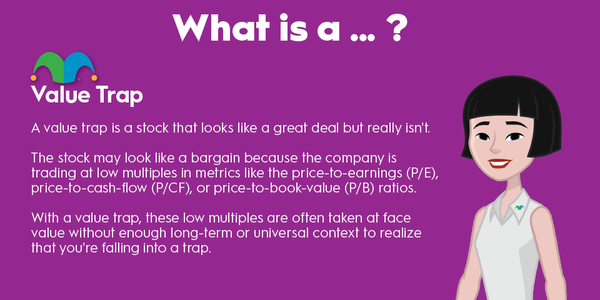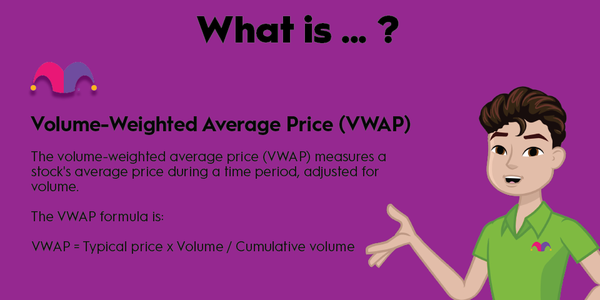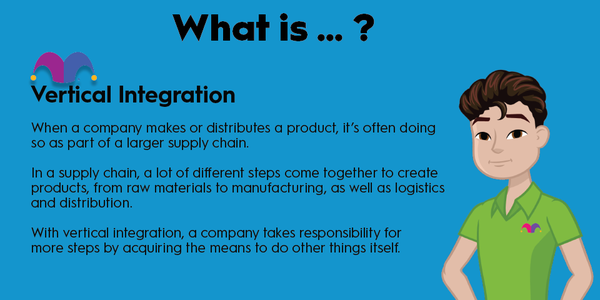If you're looking for a new side hustle, or if you have too many side hustles and need help running them, it's time to learn more about virtual assistants (VAs) and what they do.

What is a virtual assistant?
What is a virtual assistant?
A virtual assistant is a contractor who works remotely for individuals and businesses.
The nature of a VA's work can be administrative or specialized. For example, an administrative VA might input data, proofread, respond to emails, resize images, and schedule appointments. Specialized VAs can have responsibilities related to marketing, bookkeeping, customer service, project management, or website or server management.
According to gig website Upwork, average hourly rates for VAs range from $12 to $50 or more, depending on the level of specialization. Clerical roles pay $12 to $20 hourly. Marketing, customer service, and account management roles pay $20 to $35. And highly specialized or technical roles pay $38 to $50 or more.
Virtual assistants can work part-time or full-time. Many will create a full-time workload by accepting part-time work from multiple clients.
As independent contractors, virtual assistants use and maintain their own office equipment. They also pay their own taxes, such as the U.S. self-employment tax, and generally set their own hours.
Virtual assistants communicate with their clients by telephone, text, email, and videoconference. They also commonly use collaboration tools like Slack.
What traits and qualifications do virtual assistants have?
What traits and qualifications do virtual assistants have?
VAs must work well without direct supervision. They must also have good organization, time management, and communication skills, plus the capacity to follow directions and learn new tasks and processes. Working knowledge of collaboration tools, word processing, spreadsheet, and file storage applications is also helpful.
A VA's resume might include experience as an office or project manager or experience in a specialized field, like internet marketing. From a client's perspective, previous VA experience is valuable. Working independently from home on multiple projects requires motivation and discipline. Some clients may be reluctant to take a chance on someone who's unproven as a remote independent contractor.
Practically speaking, VAs also need functional home computing equipment and a reliable internet connection.
Virtual assistant vs. employee: Pros and cons
Virtual assistant vs. employee: Pros and cons
From the worker's perspective, a VA role is more flexible than a part-time job. Typically, VAs can define their own work schedule to suit their responsibilities and deadlines. And, since they often work from a home office, they have no commute -- which means no transportation costs or time spent in the car. For someone who's comfortable working from home, the absence of a commute supports a more productive workday.
There are negatives for the worker, however. For one, clients do not withhold taxes from payments made to independent contractors. This puts U.S.-based VAs at risk of penalties for insufficient withholding during the tax year. The solution is to make quarterly tax payments to the IRS.
VAs must also secure their own retirement and health benefits. Fortunately, there are options in both areas. U.S.-based VAs can save for retirement in a Solo 401(k), SEP IRA, a Roth IRA, or a traditional IRA. And health insurance is available through the Health Insurance Marketplace.
From the client's perspective, VAs are less expensive than employees. The client doesn't pay for the VA's fringe benefits, office equipment, or any portion of the VA's FICA taxes. Clients can also define contractually how the VA can be terminated in case things don't work out.
The disadvantages for the client are related to the challenges of managing remote workers who may have other priorities. Onboarding can be time-consuming, especially for specialized roles. Communication can be inconsistent, which can affect the quality of the VA's deliverables. It can also be difficult to validate a VA's reported hours.
How do VAs find clients and vice versa?
How do VAs find clients and vice versa?
VAs and clients can connect on gig websites like Upwork (UPWK 0.98%), Fiverr (FVRR -2.37%), and PeoplePerHour. Job sites like Indeed, FlexJobs, and others also publish VA opportunities.
Clients who would prefer to interview vetted VA candidates can work with an agency. There are VA-specific agencies, but general staffing agencies also fill these roles. Great Assistant, Equivity, and Boldly are three agencies that specialize in VAs. General staffing agencies that recruit virtual assistants include Robert Half International (RHI -0.85%) and Kelly Services (KELYA -1.87%).










